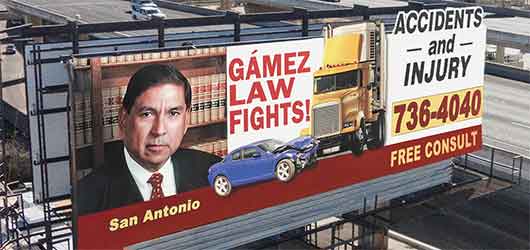Just as a doctor cannot provide a diagnosis without examining a patient, you cannot determine fault in an accident without the relevant information. It would be speculative and could lead to incorrect conclusions. You could be taking responsibility for an accident you did not cause.
The justice system and insurance processes depend on the principle of fair assessment based on facts, which is why the details of each individual case are so important.
How do you determine fault in a car accident in Texas?
Fault in a car accident is a complex matter that can only be established after a thorough investigation, which typically requires the skill and expertise of legal professionals. Here are some factors that can influence the determination of fault in a vehicular accident:
- Police reports: Officers often include their assessment of fault in their reports, which can be influential in claims.
- Witness statements: Objective accounts from bystanders can help verify the events that led to the collision.
- Vehicle damage: The location of the damage on the vehicle can indicate how the accident happened.
- Road conditions: These can play a role in accidents and may shift some responsibility away from drivers.
- Medical records: Documentation of injuries sustained in the accident can support claims of severity and impact and may correlate with the force and angle of the collision.
The details of how an accident occurred will come from the evidence you can gather from the scene.
Why determining fault is crucial for recovering compensation
When a motor vehicle accident occurs in Texas, determining who is at fault is crucial for legal and insurance purposes. Understanding the rules of the road and the legal standards that apply can help clarify liability in these stressful situations. In the Lone Star State, the concept of “modified comparative fault” governs car accident claims. Therefore, you can only seek compensation if you are less than 51% responsible for the collision.
While you may feel guilty or remorseful after a motor vehicle accident, remember that the other driver could have actually caused it. Only after reviewing the evidence can anyone prove negligence and determine who was liable for the accident.


